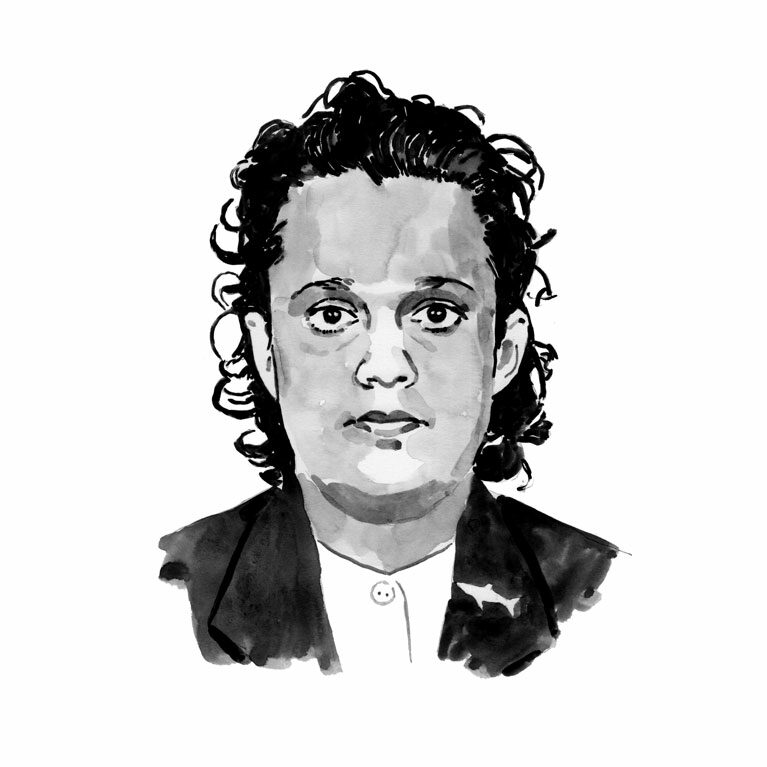Buddhi Pathirana

Who I am
I was raised in the rural village of Erathna, which is located at the base of the well-known Adam’s Peak and far from Sri Lanka’s coastline. My journey towards the ocean started when my Grade 4 teacher arranged a visit the Colombo Museum. I can still recall a giant skeleton dangling from the museum’s ceiling and the curator of the museum telling me it belonged to a blue whale. I just spread out my arms and tried to imagine that massive creature that couldn’t have fitted into our village creek. We stopped at the coastal park of Galle Face on our way home and that was the first time I saw the sea with my own eyes. The primary teacher told me about the beautiful creatures living in the sea, including giant blue whales and man-eating sharks, which increased my curiosity about the ocean and its creatures and my determination to study them. I finally graduated with a first-class degree in fisheries and marine sciences and recently started a postgraduate course in the same field. However, as a rural village girl, I had to overcome many hurdles to achieve my dream. In addition, cultural and social barriers make marine biology quite a challenging career for a female in a developing country like Sri Lanka. My focus on sharks and rays started in 2017 with my undergraduate research on the status of batoids in Sri Lankan fisheries. I also served as a senior researcher and administrative officer at the Blue Resources Trust from 2017 to 2022. Many of my closest friends and several fishermen and fish traders used to call me ‘Shark Girl’, as I have dedicated my whole life to the study of sharks and rays.
Where I work
Currently I am reading for my MSc in aquaculture and fisheries management in the Faculty of Graduate Studies at the University of Kelaniya, Sri Lanka. I started my final year research project in March 2023, focusing on ray species as I have more than five years of experience in collecting morphometric measurements of sharks and rays from many fish landing sites and markets and fishing harbours in Sri Lanka. As well as studying, however, I want to follow my passion, so in August 2022 I formed an organisation called Ocean Rosy to conserve the marine environment and its species, with a special focus on sharks and rays along the west and south coasts of Sri Lanka. I also work in the Department of Aquatic Bioresources at the University of Sri Jayewardenepura, Sri Lanka, demonstrating how to identify species correctly and assisting students in their final year research projects on sharks and rays.
What I do
At the moment, as the founder of Ocean Rosy, I am conducting fish market, landing site and harbour surveys with a team of two volunteers. One member of the team collects information about the type of fishing gear used, the catch location, the number of fishers on the boat and the fishing hours, while the other member records the prices of fish species from the point of harvest to the point of export. My job is to collect morphometric data from the various species of sharks and rays. I have a good understanding of different fisheries practices and an excellent rapport with fishers, as well as a thorough knowledge of potential landing sites of sharks and rays. I am an early bird, normally waking up at 3 am to visit remote fish landing sites so as to obtain reliable and quality data. At three of the landing sites I have trained several enthusiastic young fishers to take detailed photographs of any rare species they come across and I hope to recruit many interested young fishers to this cause. The children in fishing villages are often neglected, but they are the next cohort of fishers. Therefore as part of my project I am conducting awareness programmes to help them understand the importance of shark and ray species with low reproductive potential. The final outcome of this project is to deliver my findings to relevant authorities and policymakers for the decision-making process. I normally present my conclusions to government schools, university students and various institutions, as I strongly believe that research findings should not only be published, but also shared with fishers and consumers.
